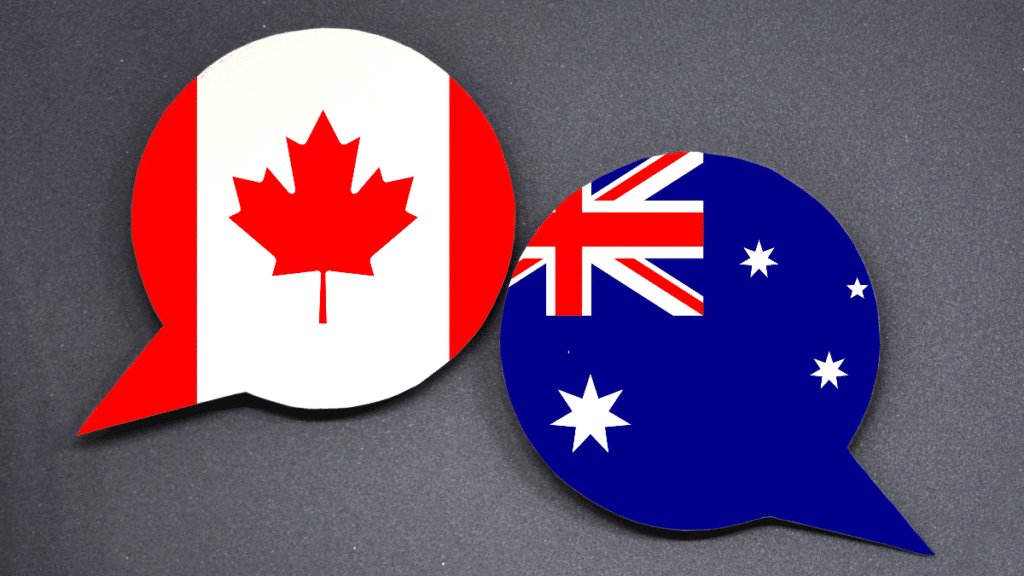A Message To Canada (And The World) From Australia: Don’t Let Google Scare You
Jordan Guiao / Jul 5, 2023Jordan Guiao is Research Fellow at the Australia Institute’s Centre for Responsible Technology and author of Disconnect: Why we get pushed to extremes online and how to stop it.
Google announced that it will remove news links for Canadian users after Canada’s Online News Act became law in June. The Online News Act forces Google and Meta to pay for the use of news content on their platforms. A similar confrontation occurred during the passage of Australia’s News Media Bargaining Code, on which Canada’s Act was modeled. Canada now has an opportunity to improve on Australia’s legislation, maintain a global standard, and hold fast, knowing that the Big Tech platforms will not be able to block all news from all the countries and states considering similar legislation.
Australia’s Code is considered a success by the government, having resulted in more than 30 commercial agreements at approximately $200 million in value to news organizations. While the deals were all signed in confidence, it’s clear that they brought benefits to newsrooms, with the Guardian directly attributing new journalism jobs as a result of the Code. Although not everyone would call the Code a success (particularly publishers who missed out on deals), it did set a precedent for other governments to build on. Now the US, UK, India, South Africa and Brazil are also considering similar initiatives. No doubt other countries will follow.
It also forced digital platforms like Google to acknowledge that the content they are harvesting from news outlets has real value. This admission is significant – regardless of the strength and continuity of the legislation, it made Google admit that the vast troves of news content they are harvesting is worth something in quantifiable, monetary terms. Google and Meta have regularly downplayed the commercial benefit news organizations provide their platforms, treating news as indistinguishable from the vast oceans of data available online. Google does have funding initiatives for news, but these come in the form of philanthropy where they control the terms. Some, like the 2021 News Showcase was a direct attempt at heading off legislation and providing an alternative. However, if you value the significance of credible news and the role of a free press in a democracy, then you must appreciate the simple economics that journalists need to be paid and that newsrooms cost money to run.
This preferred business model – of harvesting vast amounts of data without paying for it, and justifying this behavior because the platforms are free– is increasingly being scrutinized. Google’s abuse with data collection has resulted in significant privacy breaches and fines. The current buzz around generative AI is placing an even bigger spotlight on these practices. Generative AI harvests colossal amounts of data – including from many news websites, and there are issues that need to be considered around copyright and fair use of this data. Currently OpenAI (the creator of ChatGPT) is facing a class action that claims it stole “massive amounts of data” to train its application. So, the data harvesting model prized by Google and other data surveillance companies is being brought in to question as the public demands more data agency and data privacy.
Publishers and governments are also increasingly fighting back. The US’ largest newspaper chain, Gannett, has sued Google over its advertising dominance. There are live antitrust suits against Google currently playing out in the US and EU, as well as several regulatory initiatives globally scrutinizing its market power. With developments in AI, governments around the world feel a new urgency to develop regulations, determined not to repeat the mistakes they made with Web 2.0 companies like Google.
Google’s monopolistic position in the digital landscape may finally be coming to an end, and its threats in reaction to Canada’s Online News Act are no longer as scary as they may have been several years ago.
As an Australian who was involved in the passage of the News Media Bargaining Code and saw first-hand the threats and scare tactics Big Tech used, my message to Canada and the rest of the world is this – don’t worry, it means that these accountability measures are working as intended, and that we are finally getting somewhere in curbing Big Tech’s dominance.
Authors

